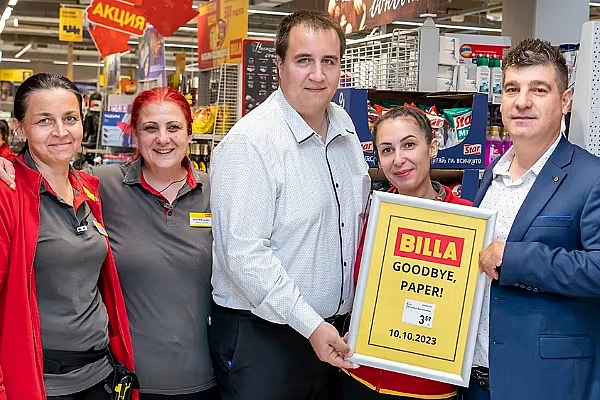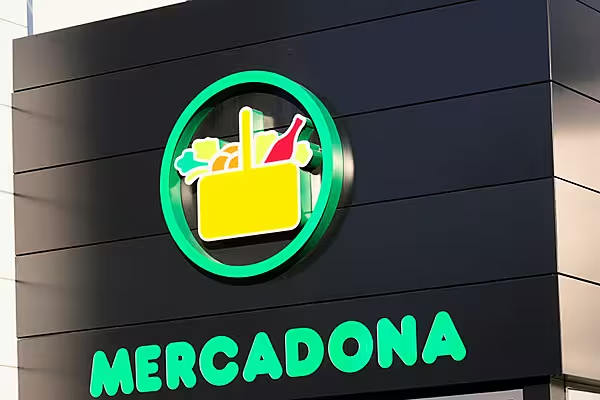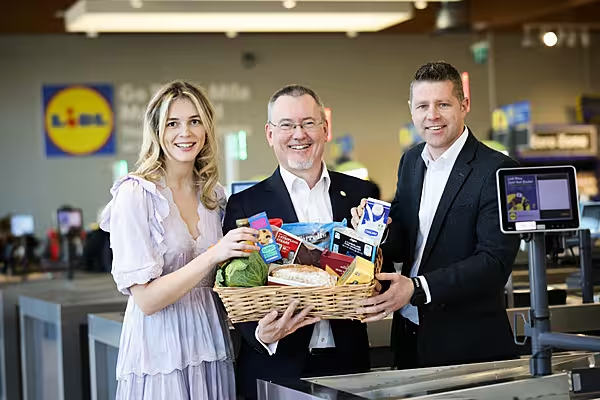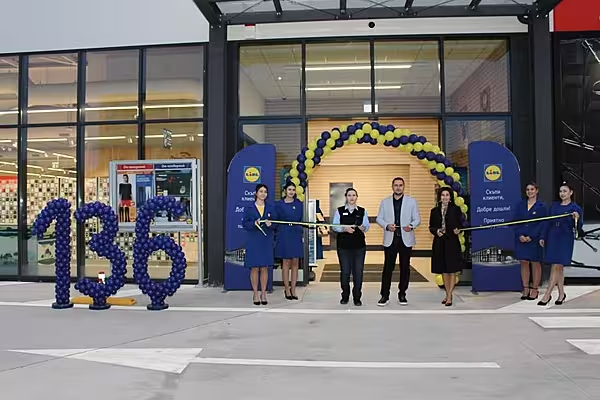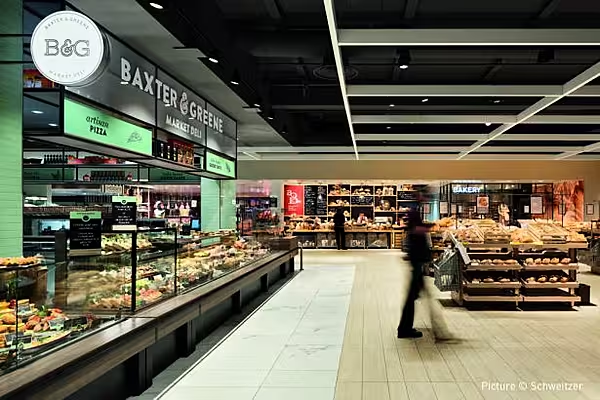Food retailers Billa, Kaufland and Lidl have rolled out a series of sustainability initiatives in Bulgaria, to reduce their environmental impact.
Billa Bulgaria has replaced all paper labels with electronic labels in its 151 stores.
The project cost BGN 15 million (€7.7 million) and reduced paper consumption by 60%, the retailer noted.
The new electronic labels provide more accurate product information, including data on the origin, weight and price of each item, making it easier for customers to shop.
Billa claims to be the first retail company in Bulgaria to equip its stores with electronic labels.
Kaufland
Kaufland Bulgaria has pledged to reduce plastic consumption by 35% by 2027, and is taking a number of steps to achieve this goal, including the introduction of automatic machines for returning plastic bottles and beverage cans.
It is also offering reusable bread bags made from 100% recycled plastic, as well as a reusable bag for fruit and vegetables and a shopping bag made from 80% recycled waste film.
Other initiatives include a range of products made from 100% recycled plastic, such as textiles, storage boxes, sportswear and pet products, and reducing plastic in several own-brand products, such as the K-Take It Veggie range, MyProject motor oil bottles, and K-To Go drinks.
Kaufland Bulgaria has replaced single-use plastic utensils and dishes with sustainable alternatives and has added special logos to its plastic-optimised own-brand products and reusable items.
Kaufland is also a partner of the ‘Garbage Books’ initiative, which has collected and recycled over 20 tonnes of plastic waste and distributed tens of thousands of books.
Lidl
Another Schwarz Group company, Lidl Bulgaria, reduced plastic in its own-brand products by 27% in 2022, surpassing its original goal of 20% by 2025.
The discounter has now set a new target of reducing plastic by 30% by 2025, and by 35% by 2027.
Lidl Bulgaria achieved 63% recyclability for its own-brand product packaging and uses an average of 16% recycled material.
The German discounter is also taking other steps to reduce plastic pollution, such as introducing automatic machines for accepting plastic bottles and beverage cans, and participating in the international initiative ‘Together for Cleaner Rivers: River CleanUp Collective.’
